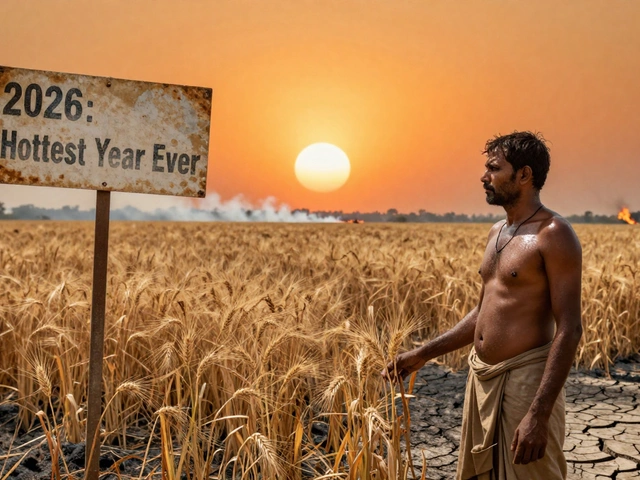Healthcare Research Interview: What It Really Takes to Work in Indian Medical Science
When you hear the phrase healthcare research interview, a structured conversation used to evaluate a candidate’s ability to contribute to medical science projects. Also known as research selection panel, it’s not just about checking degrees—it’s about seeing if someone can turn lab findings into real health outcomes for people across India’s diverse communities. These interviews don’t ask you to recite journal titles. They want to know if you’ve talked to nurses in rural clinics, understood why a vaccine didn’t reach a village, or figured out how to make a diagnostic tool work without stable electricity.
Behind every healthcare researcher, a scientist working to improve health outcomes through studies, trials, or policy design is a story of funding gaps, tangled bureaucracy, and quiet persistence. They don’t get paid like tech CEOs. Their salary often depends on whether a grant got approved last month. Some work in government labs funded by the ICMR, others in startups trying to bring low-cost diagnostics to tier-2 cities. And every single one of them needs to explain their work to people who aren’t scientists—patients, community workers, local officials. That’s why scientific collaboration, when researchers from different fields or institutions work together to solve complex health problems isn’t optional. It’s survival. A biochemist might team up with a data scientist to track disease patterns, then partner with a public health worker to deliver a screening program. These aren’t nice-to-haves—they’re the only way breakthroughs actually reach the people who need them.
And let’s talk about what gets measured. In a healthcare research interview, they’re not looking for perfect grades. They’re looking for people who’ve worked on public health programs, organized efforts to prevent disease and improve community health, like vaccination drives or clean water initiatives. Did you help roll out a polio campaign? Did you analyze why mothers in Odisha skipped antenatal checkups? Did you design a mobile app that helped TB patients remember their pills? Those are the stories that matter. The system is messy. Funding is unstable. But the work? It saves lives. And that’s what separates the people who get hired from the ones who don’t.
What you’ll find below are real interviews, real stories, and real breakdowns of how healthcare science works in India—not the glossy brochures, but the gritty details: how grants are won and lost, why some innovations fail even when they’re brilliant, and who actually benefits when a new treatment hits the field. These aren’t theoretical guides. They’re maps for anyone trying to make a difference in Indian medicine—whether you’re applying for your first research role, leading a team, or just trying to understand where your tax money goes.





